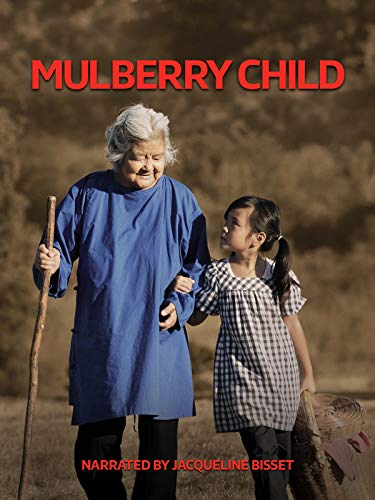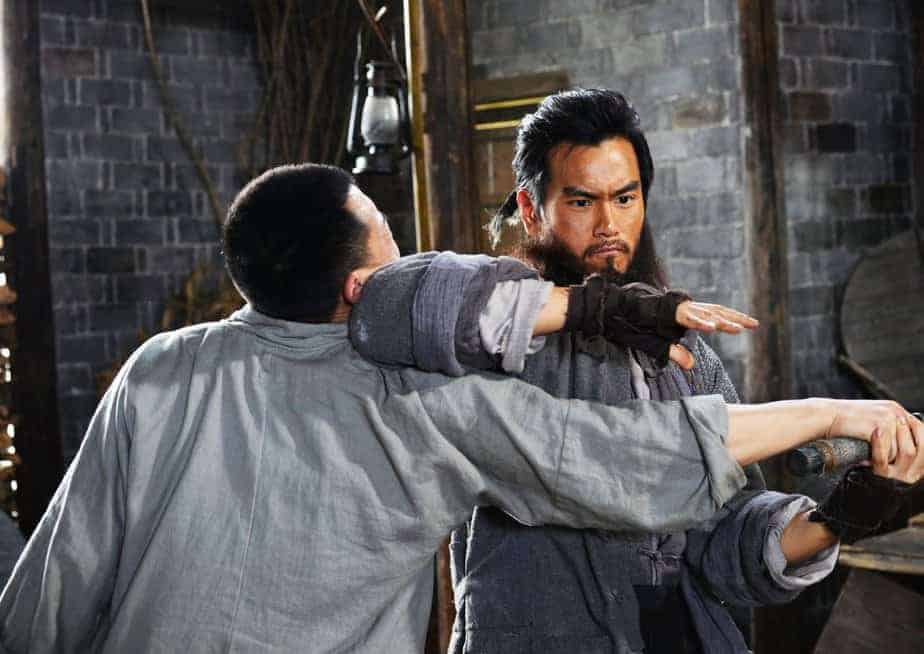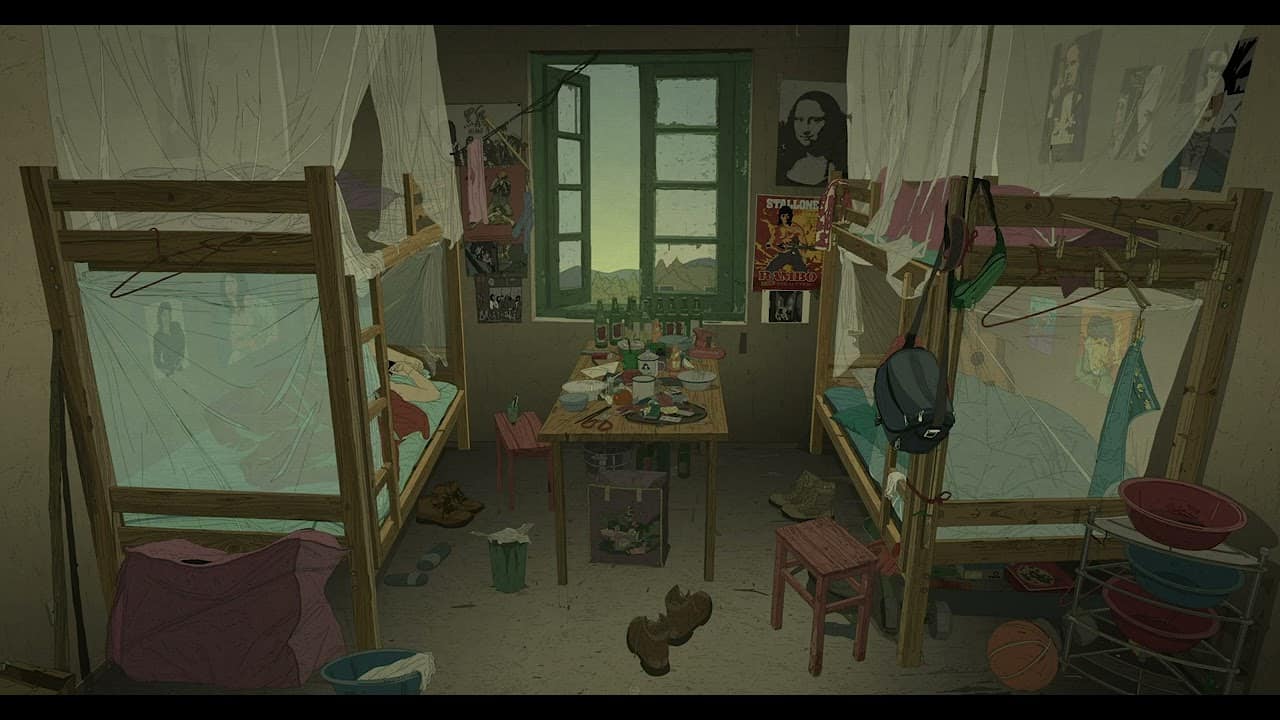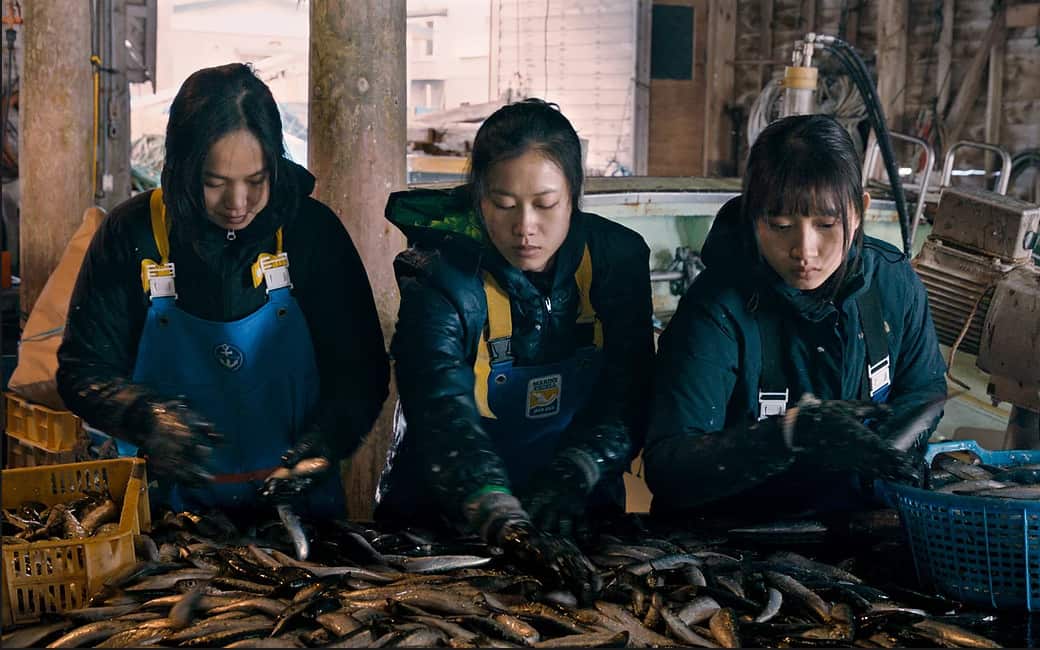Passing the proverbial torch from one generation to the next is a challenging task to begin with, but one which becomes quite taxing when it also involves two very different set of cultural ideal and ways of life. As a family staying within the family unit, keeping it intact and resilient in times of great turmoil and change is a universal tale which has been told many times before in various types of media. However, with so many families being forced to leave their homes in order to seek refuge somewhere more secure, to grant their children a better future and, nevertheless, one for themselves, this universal tale is more relevant than ever, especially as it is also about the hardships of adapting to a culture, to the values of the older generation while still maintaining the intellectual independence of the younger ones. It may be a difficult and complicated concept to express, but one which becomes immediately understandable when told by authors such as Jian Ping whose memoir “Mulberry Child: A Memoir of China” tells the story of her family, their struggles during the Chinese Cultural Revolution and how to pass on the family spirit to the younger generation, in this case her daughter Lisa, who grew up in the United States.
Watch This Title
In 2011, writer, producer and director Susan Morgan Cooper adapted Ping's memoir into a documentary which blends Ping's story in the present, most significantly her relationship with her daughter, and the story of her family, her mother and their experiences in the 1960s and 1970s in China. Besides archival photography, Ping's dialogues with her daughter and the narration by renowned actress Jacqueline Bisset, “Mulberry Child” also features reenactments showing various events in the lives of Ping's mother and heir father trying to cope with the harsh reality of China under Mao. As a result, Cooper not only tells the aforementioned universal story of bridging the gap between the various generations in a family, since “Mulberry Child” is also a tale of finding one's identity and a quite touching film about the feeling of disconnect as well as how to overcome it between a daughter and a mother.
As the central image of the film, the Mulberry tree only appears a few times in the documentary, always expressing an important memory as well as step for the family, especially the three generations of women we follow. Its long-winded branches, fruits and leaves emphasize the ideal of resilience and composure so important for the times of the Chinese Cultural Revolution, before and after, which made hiding one's emotions a much-needed factor for survival. However, this fact of public life influences private life, the family and one's child, wondering about the lack of empathy from its mother and father. Interestingly, what remains, over three generations, is a source of conflict and misunderstandings between the three women Cooper shows in her film.
Perhaps inadvertently, the idea of hiding one's emotion results in the creation of the “Mulberry Child”, a child and later on adult expecting much and hiding emotions, for fear of exposing something. Cooper's images examine this struggle to bridge a gap between Jian Ping and her daughter Lisa through conversations and their eventual visit to China to meet Ping's mother. Even though some of these re-enacted scenes feel somewhat off within the context of the film, they, nevertheless, stress the emotional foundation of the narrative which in reality also became the motivation for Ping to write her memoir.
“Mulberry Child” is a touching story about a mother and a daughter trying to come to terms with the history of their family and thus, their Chinese origins. Through its emotionally grasping foundation, Susan Morgan Cooper tells a story not just of a family, but indeed of a country and its struggle to make sense of the past and the possibility to overcome emotional borders.
















